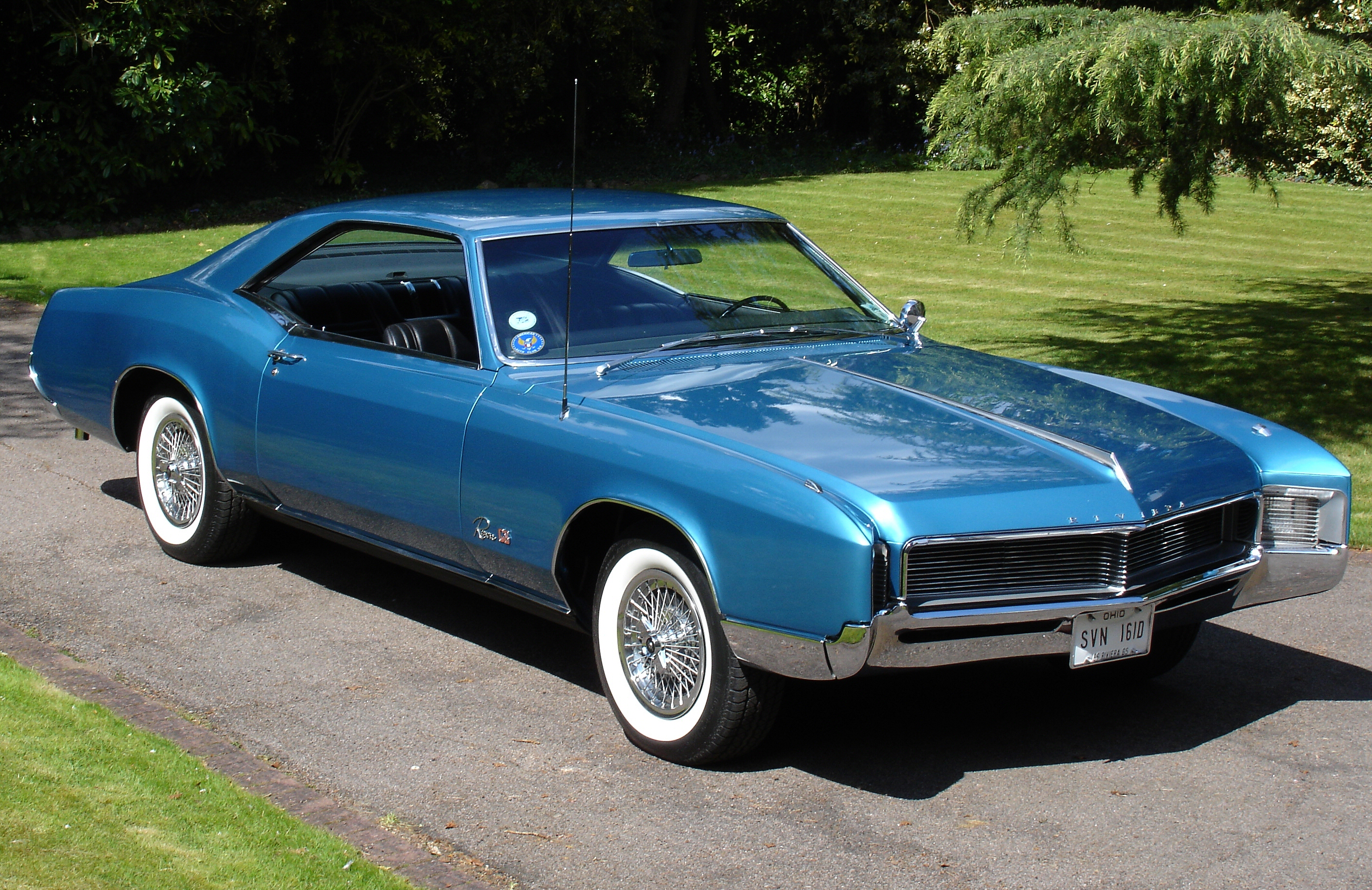In today’s data-driven world, it’s no surprise that the information gathered from our daily driving habits is becoming a valuable asset for insurance companies. A recent article in The New York Times highlighted a practice that might make many drivers take a second look at their dashboards. Automakers are not just producing cars; they are also sharing detailed driving behavior data with insurance companies.
Driver Data Sharing and Insurance Premiums
Take Kenn Dahl, a cautious driver from near Seattle, for example. He was puzzled by a 21% increase in his insurance premiums. The culprit? A comprehensive ‘Consumer Disclosure Report’ released by global data broker LexisNexis. This 258-page report documented Dahl’s driving habits in his Chevrolet Bolt over six months, including instances of speeding, sudden braking, and rapid acceleration. LexisNexis uses data provided by General Motors to create risk scores for insurance companies.
This practice isn’t limited to General Motors. Other car manufacturers, such as Subaru, Acura, Honda, Hyundai, Kia, and Mitsubishi, offer similar driver rating features, although they require customers to opt-in. Tesla provides its own insurance as part of its service, publicly monitoring driving behavior. However, the level of transparency and consent varies.

Impact and Concerns
The impact of this data sharing is significant. On one hand, it can lead to more personalized insurance coverage, potentially rewarding safe drivers with lower rates. On the other hand, there are concerns about privacy and consent, especially when customers are unaware or only vaguely aware of the data collection.
For owners of connected cars, particularly those from General Motors, understanding the extent of data sharing and its impact on insurance premiums is crucial. While some may view this as a step towards a fairer insurance system, others see it as an invasive overreach and a real-life ‘big brother’ scenario.

The debate around this issue is intensifying. As we move towards an increasingly interconnected world, the relationship between car manufacturers, insurance companies, and drivers will continue to evolve. The key is to strike a balance between respecting customer privacy and leveraging data for greater benefits.
For those concerned about their driving data, it’s advisable to review the terms of service for connected car features and directly inquire with the car manufacturer about opt-out options. After all, when it comes to the road ahead, it’s best to be in the driver’s seat—both literally and metaphorically.
Related posts:
Automakers Are Sharing Consumers’ Driving Behavior With Insurance Companies
Your car may be ratting you out to your insurance company: Read This
Does Lucid sell my driving data to third-party for auto insurance purposes?





